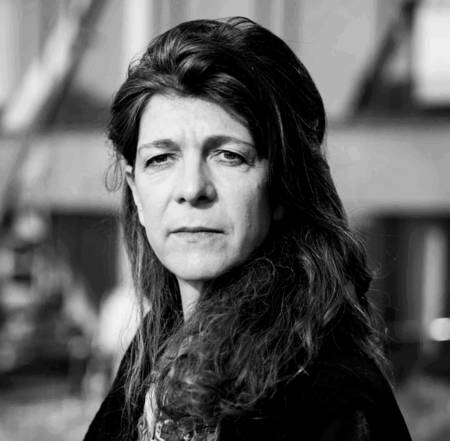Urban Design
For us, the city is an expression of a spatial, societal and therefore also social, economic, ecological, political as well as cultural context.
Considering the multiple global crises such as climate change, scarcity of resources, the decline in biodiversity and social injustice, the transition to a more sustainable way of life is indispensable. Our built environment is a significant cause of environmental impacts. It (re-)produces societal circumstances and therefore plays a key role in the long-term protection of a livable environment for everyone. Urban spaces need to be rethought as organisms, whose natural processes and dynamics have to be organized and designed, whether it is concerning humans, animals, vegetation, soil, water, goods … or thoughts.
The Research Unit of Urban Design understands itself as an open, interdisciplinary field of experimentation that combines academic research, teaching and learning with integrative design approaches from current practices. We cultivate an open discourse on a wide range of topics, findings, methods and content at the interface between architecture, urban, spatial and landscape planning, both within the city and far beyond.
Research Unit Head & Professorship

E 260-01 | Urbanism
Header photo: URBWATER, reconstruction of water surfaces in Viennas city center. Light blue: 1663; blue: 1726/55; dark blue: 1825 – © Friedrich Hauer und Severin Hohensinner
